by Adam Estes
Famed collector and former aerobatics champion Kermit Weeks has many projects scattered not only across the United States, but around the world, from a Ford-Tri Motor in Michigan and a Boeing 100 in Nevada to a CAC Boomerang in Australia, but one of the larger projects may finally be coming home to Florida sometime this year; that being his Douglas A-26B Invader, 41-39401, currently being finished at Aero Trader in Chino, California.
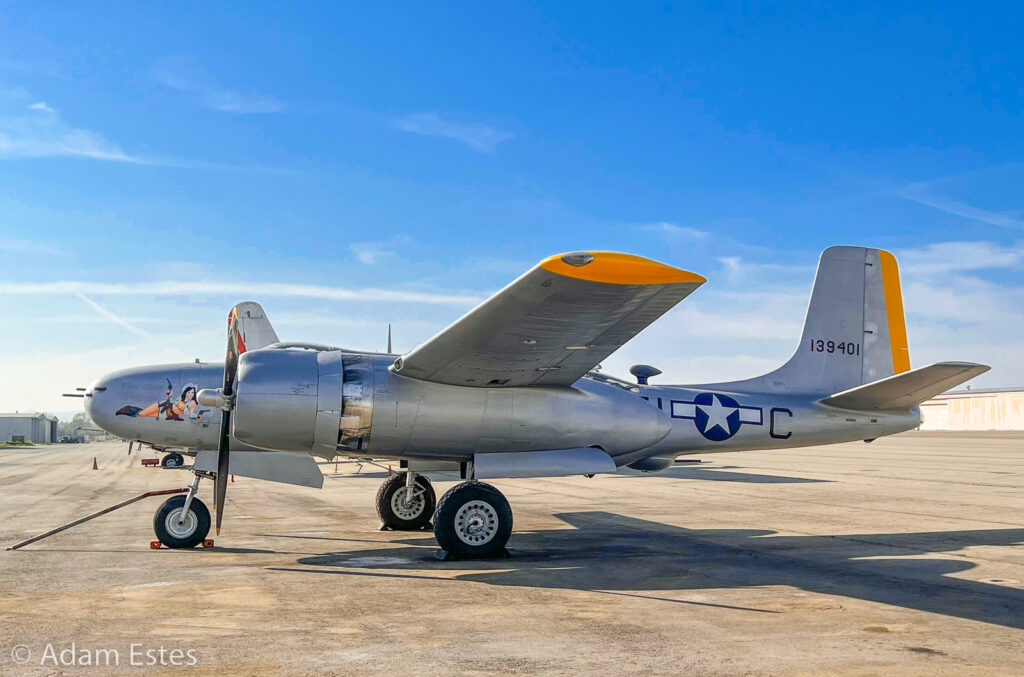
Weeks’ Invader was built as an A-26B-30-DL at Douglas’ factory in Long Beach, California in November 1944, and accepted into the USAAF on November 28. During WWII, 41-39401 served with the 643rd Bombardment Squadron, 409th Bombardment Group, 9th Air Force, and flew 30 combat missions, being stationed in France from December 11, 1944 to July 15, 1945 when it was flown back to the States and stored at Hobbs Army Airfield, New Mexico, before being transferred to Hill Air Force, Utah on September 1, 1947.
In July 1952, it was converted to become a C model, and was one of three long nose Pathfinder variants equipped with an experimental infrared detection system for night operations, and would see combat in Korea with the 13th Bombardment Squadron, 3rd Bombardment Wing, 5th Air Force, stationed at Kunsan Air Base in modern South Korea. During this time, 41-39401 would also be flown to the repair depot at Miho Air Base, Japan. On March 21, 1953, the aircraft was reassigned to Iwakuni Air Base, Japan, before returning to the United States to be assigned once again to Hill AFB in April 1954. During this time, its IR equipment was removed, and it was given a hard nose once again. It was then struck from the USAF inventory in February 1955.
In 1959, John R. Moore acquired the aircraft and flew it with the name Whistler’s Mother, along with nose art depicting the eponymous sitting figure with a mug of beer, which was applied for a war movie that was never filmed. Eventually, however, the aircraft became dormant at Van Nuys Airport near Los Angeles until it was acquired by Challenger Publications in November 1982. On August 18, 1983, 41-39401 made its first post-restoration flight, and from 1985 to 1987, it was operated by the American Aeronautical Foundation, retaining the name Whistler’s Mother, making appearances at numerous airshows on the West Coast.
Acquired by Kermit Weeks in 1987, 41-39401 was flown back to the Weeks Air Museum at Tamiami Airport, where it was maintained in flying condition while Kermit sought to re-establish his base of operations at what would become Fantasy of Flight in Polk City to accommodate his growing collection that was becoming too big for the current facilities at Tamiami. However, disaster struck on August 24, 1992, when Hurricane Andrew made landfall. One of the most devastating hurricanes of the twentieth century, 41-39401 was inside the hangar when the strong winds caused a structural collapse, severely damaging many aircraft. While 41-39401 came out of Hurricane Andrew in better shape than other aircraft in the collection, the roof of the hangar had still collapsed on it, and in 1997, the aircraft was trucked to Aero Trader to begin the painstaking effort of returning the aircraft back to the air. Not being one to miss out on an opportunity, however, Kermit decided to use the restoration to add further details to make 41-39401 as authentic as possible, both livery-wise and equipment-wise, with the notable exception of some new nose art to replace Whistler’s Mother and a new name; Pistol Packing Princess. In May 2022, 41-39401, the Pistol Packing Princess, was flown for the first time since 1992 with Steve Hinton and Mark Moody at the controls. However, during the flight, the canopy latches came loose, prompting a hasty end to the test flight. As Kermit related on his social media pages, this was not an unheard of occurrence on Invaders during the Second World War, and even the previous owners, Challenger Publications, had a similar issue with this very aircraft. The canopy issue has since been fixed, and the aircraft has now completed several successful test flights over the previous spring, with additional flight time planned in the coming weeks.
The caliber of the restoration is typical of Aero Trader projects. We wish Kermit blue skies and fair winds for 41-39401, and hope to see him grace the skies over AirVenture in 2024 in the Pistol Packing Princess! Special thanks to Tucker Yamada of Aero Trader, who has provided very insightful information and whose tireless work on restoring the Pistol Packing Princess is second to none.







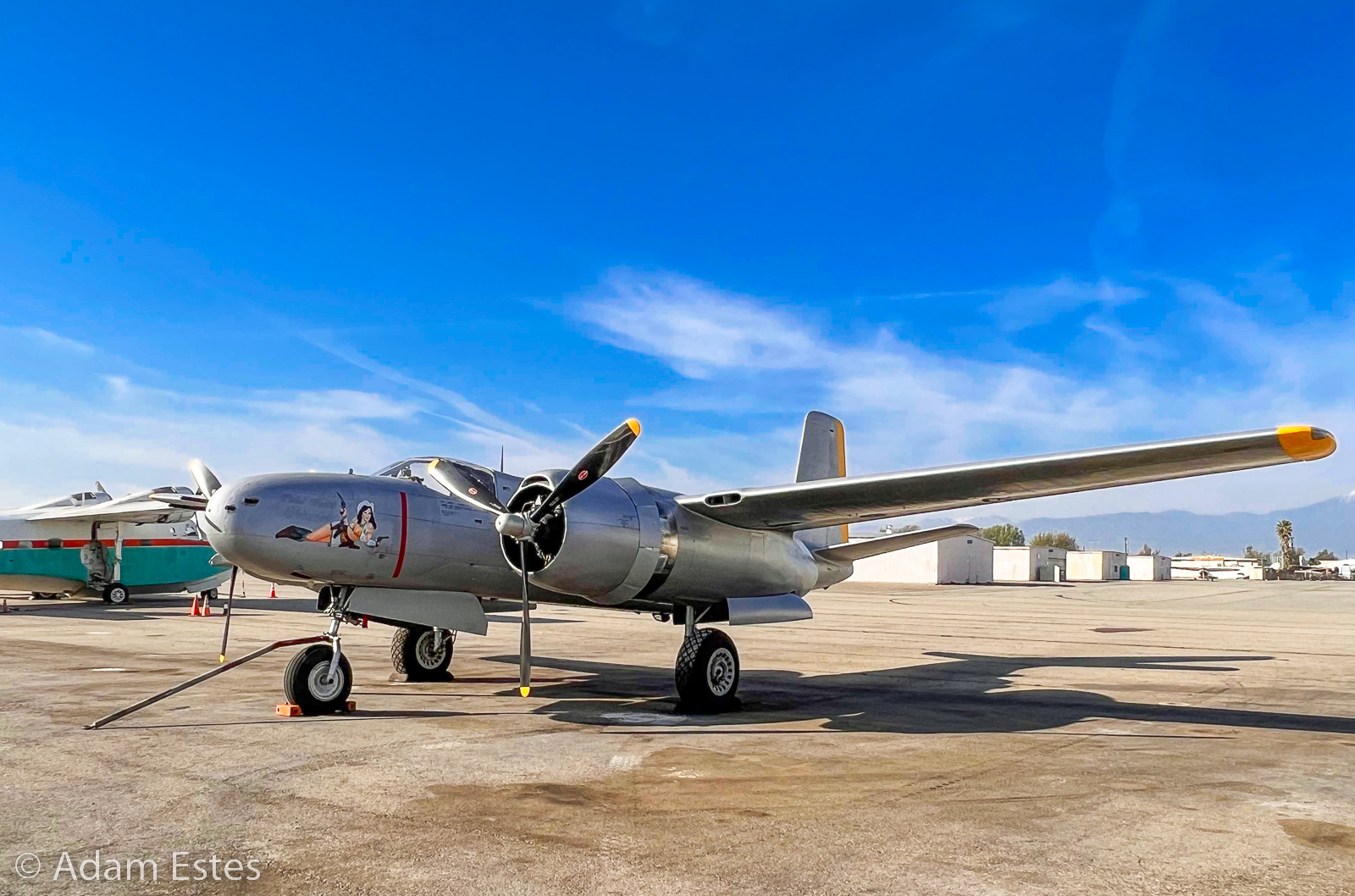

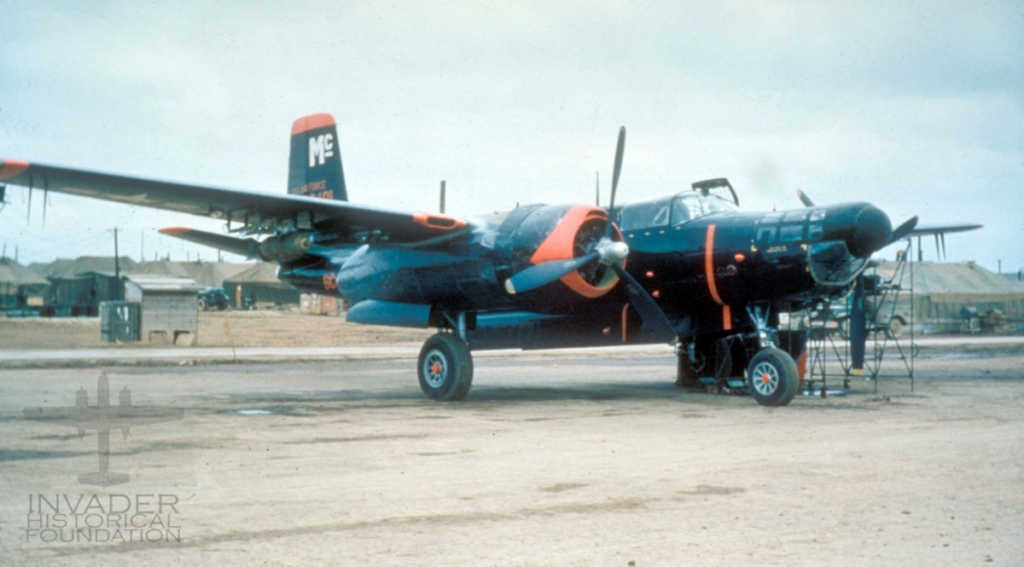
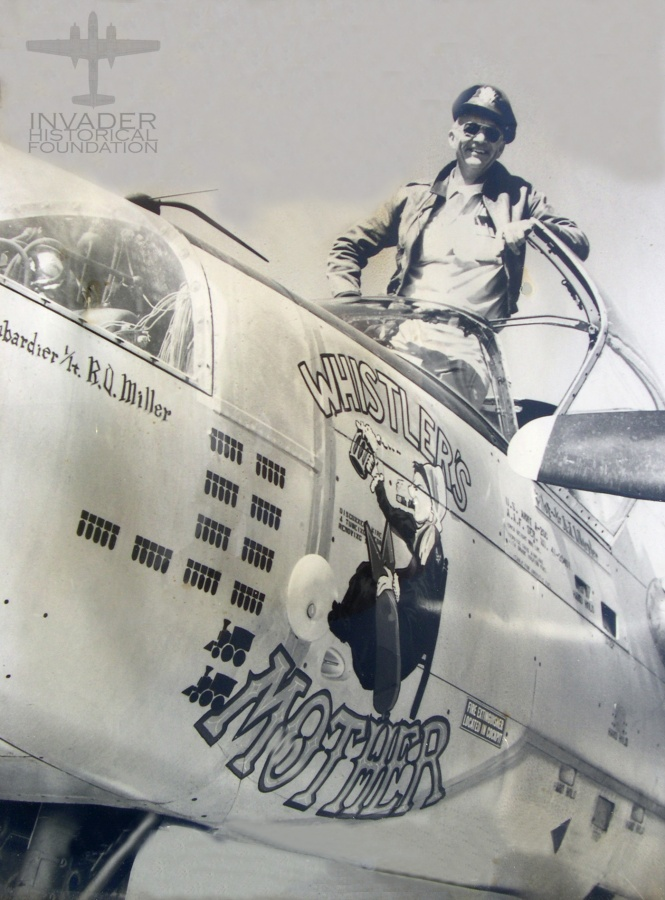
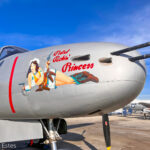

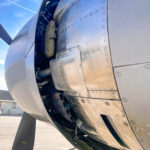
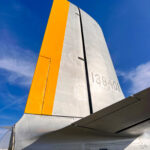
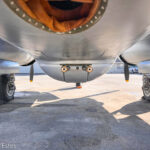
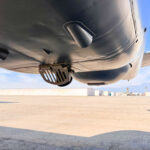
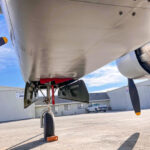
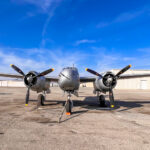
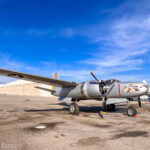
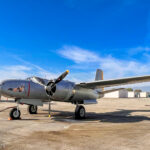
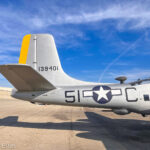
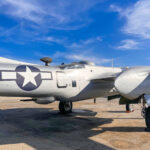
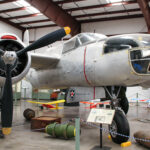
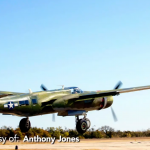
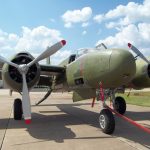
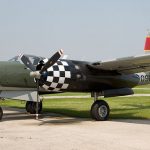
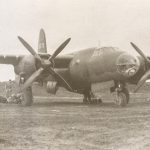

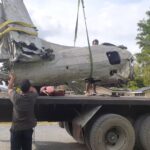
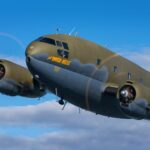
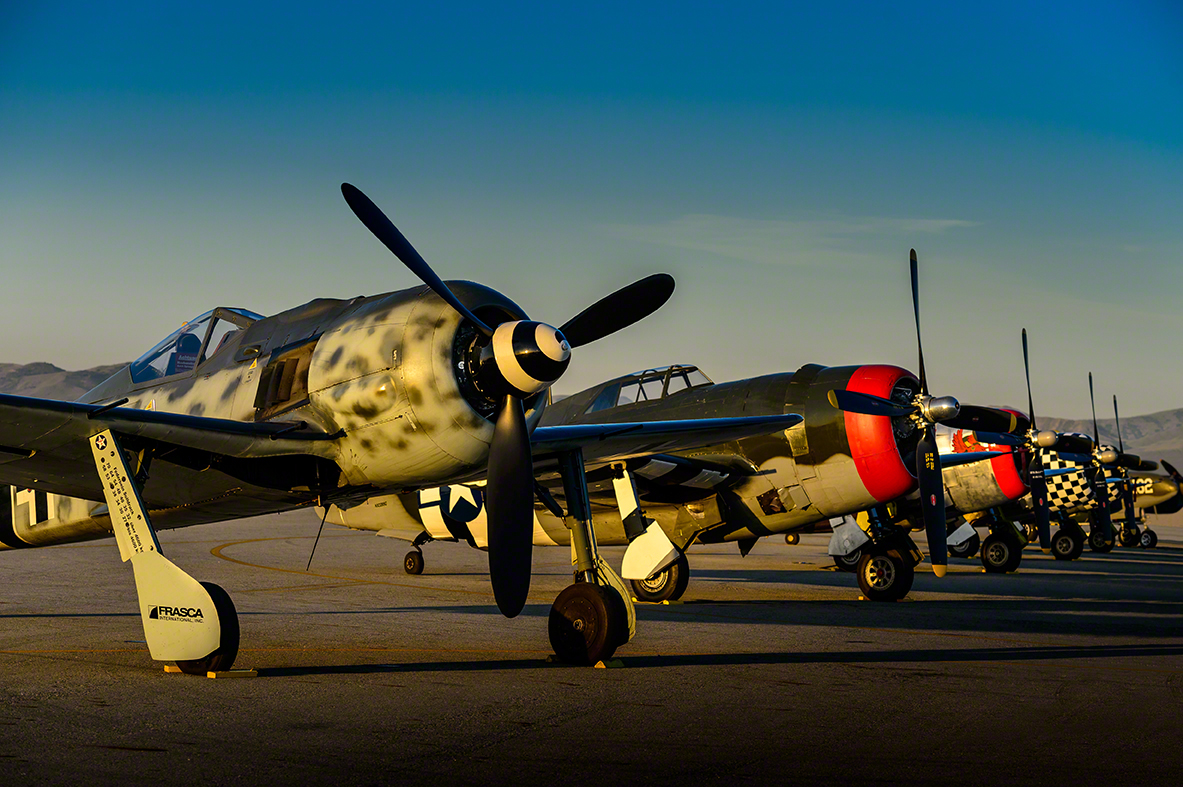

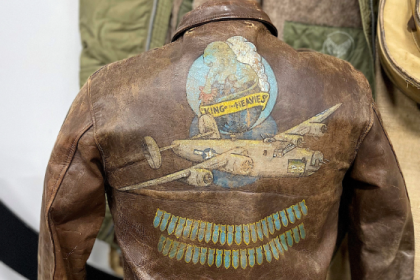
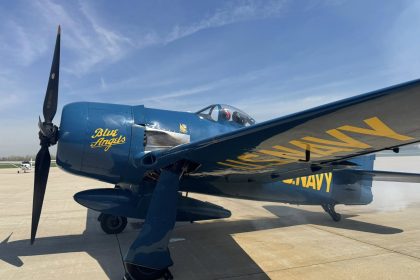
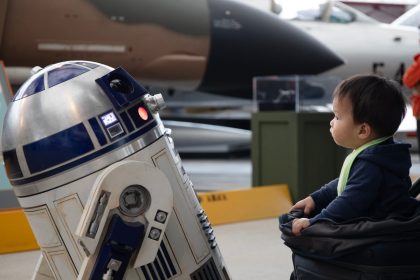

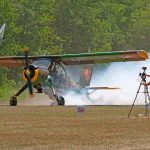
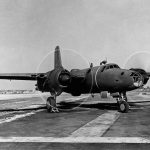


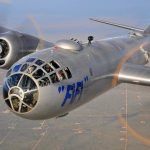
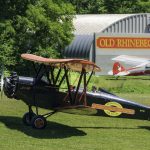


I always loved the A-26. Somewhat around 30-years (or more) ago, I saw one “on the ramp” at an aircraft museum/restoration facility at the Kissimmee Airport. It had (allegedly) a fuel tank leak and was allegedly abandoned by its owner. I often wonder what happened to this beautiful aircraft.